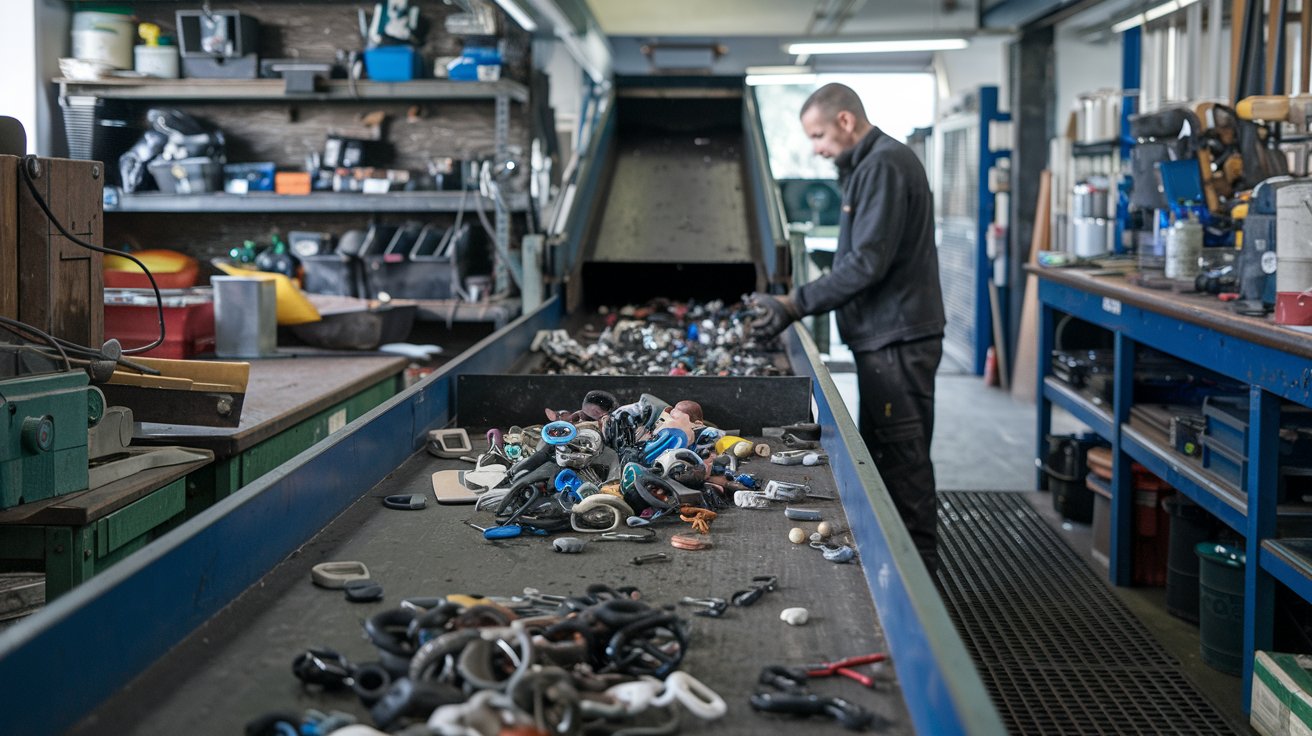As a business owner, it’s always a priority to manage your waste effectively, especially when it comes to ferrous and non-ferrous waste. This not only aids in maintaining a clean and safe environment, but also contributes to resource conservation and cost reduction. Here are the top 5 best practices for managing your ferrous and non-ferrous waste.
1. Waste Segregation
One of the key steps in managing ferrous and non-ferrous waste is segregation. This involves separating different types of waste at the source. By doing this, you can ensure that your waste is disposed of correctly and efficiently. It also reduces the risk of contamination, which can make recycling more difficult and costly.
2. Regular Waste Audits
Conducting regular waste audits is another crucial practice. This involves examining your waste streams and identifying what types of waste your business produces, how much of it is produced, and how it is currently being managed. By doing this, you can identify areas for improvement and implement strategies to reduce, reuse, and recycle your waste more effectively.
3. Use of Appropriate Waste Disposal Methods
Using appropriate waste disposal methods is vital. This means ensuring that your ferrous and non-ferrous waste is disposed of in a way that is safe, legal, and environmentally friendly. This could involve using a professional waste management service, recycling your waste, or disposing of it at a licensed waste facility.
4. Staff Training
Ensuring that your staff are properly trained in waste management is another important practice. This can involve providing training sessions on how to segregate waste, how to use recycling facilities, and the importance of waste management. By doing this, you can ensure that your waste is managed effectively at all stages of the process.
5. Implementing a Waste Management Plan
Finally, implementing a waste management plan is a great way to manage your ferrous and non-ferrous waste. This can involve setting targets for waste reduction, outlining procedures for waste segregation and disposal, and identifying ways to improve your current waste management practices. A waste management plan not only helps to keep your business compliant with waste regulations, but also demonstrates your commitment to environmental sustainability.

